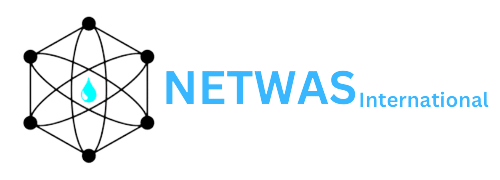
NTS004: WASH in Emergencies: Risk Reduction
- Duration: 2 Weeks
- Date: See Scheduled Training Program - NTS004
- Venue: Nairobi, Kenya
About the Course
The period during and after disasters signifies a time of great risk in the transmission of infectious diseases. Conditions are often unsanitary and conducive to disease outbreak. The associated risks to health are due to lack of safe drinking water, poor sanitation and hygiene practices. Early identification of appropriate, technically sound and sustainable water, sanitation and hygiene (WASH) interventions is therefore critical, for a fast and effective response to disasters. Interventions that improve water supply; sanitation and hygiene practice will greatly reduce disease transmission, alleviate the suffering and save lives.
Many emergency relief workers are able to assess and prioritize WASH needs for a population in distress. However, identification and implementation of practical and sustainable interventions to address these needs remains a challenge. This is because few professionals have the capacity and experience to translate WASH needs of affected communities into appropriate solutions.
Objectives
- To provide professionals with the essential knowledge, tools and skills to identify and implement sustainable measures in risk reduction.
- To enable identification and implementation of practical and sustainable interventions to address these WASH needs.
- Enable participants understand and translate WASH needs into appropriate solutions.
Who can benefit from this course?
This course is designed for participants from a variety of backgrounds working in humanitarian relief. It is recommended for humanitarian organizations/aid workers, government agencies (special programs, water, agriculture, environment, and health), middle and senior level managers of water utilities and urban planners.
